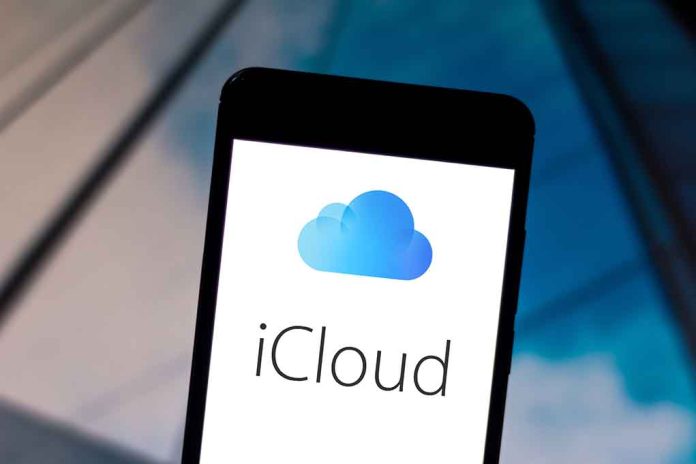
(DailyDig.com) – We now pay most of our bills, do shopping, administer financial and medical information, and handle school, work, and personal information online. Physical files are rare. While it’s wonderful that you no longer have to store so much information offline, storing all of this information online can lead to some data safety issues for you. Data, applications, and programs that run online or via online software is referred to as being in “the Cloud.” “Cloud storage” is where all that information goes.
Most programs are created with layers of security and encryption to keep your data safe, but as time goes on and you have your data stored in hundreds of different places, from Amazon to your bank, you might think that the likelihood of a data leak or hack increases. Fortunately, this Cloud technology is incredibly safe.
The Cloud: What Is It?
The Cloud is software that runs online rather than on a sole device. Files and other data stored and saved on the Cloud end up on third-party servers. When you need to access them again with the correct permissions, your data gets pulled from the third-party servers so you can access it from anywhere. This convenience cannot be overstated: but it comes with some safety risks.
The Cloud helps us run the world: some of the most prioritized, secure information utilizes Cloud technology. The tech itself isn’t sketchy, even though you may correctly associate the internet with scammers and hackers.
Is Cloud Technology Safe?
Here’s a cool Cloud fact: you’re more likely to lose data to a scammer from them accessing your own hard drive versus from the Cloud. As you probably know, scammers and hackers love using phishing scams and malware to invade your computer — and your privacy.
Cloud services are administered and maintained by mega-companies like Google. They have very robust security systems trusted by other large companies and even some government entities. Hackers have a harder time accessing Cloud services.
The Cloud and Redundancy
The Cloud uses Redundancy to protect your data. This means it stores your data in multiple secure places. Your smartphone, for example, may back up your photos or prompt you to do so. When you agree to this, it stores your info on multiple servers. If one server is hacked o becomes in any way compromised, you still have the information on the Cloud. This also enables you to download your new data immediately when you get a new phone.
The Cloud and Encryption
Encrypted data is also crucial to Cloud technology. Think of it like a lock and key: when the Cloud securely stores your data and encrypts it, you are the only one with the key to unlock it. Those files won’t get sent out without encryption, meaning programs and devices are programmed to encrypt data before even sending it to the Cloud. With this technology, even your service provider can’t see the files. Two-step authentication protects the data even more.
If you think the internet can be an unsafe and scary place, you’re right: but reliable Cloud technology is nothing to be afraid of. In fact, it’s working hard right now to keep much of your personal information safe, via your financial institution, medical offices, and the government. Always ensure an app or service is trustworthy — do your research. If it is, it’s likely your files are safe if they are stored using Cloud technology. Take a minute to explore whether services and institutions use Cloud technology, and ensure that they utilize encryption (preferably with two-step authentication processes) to keep your data safe.
Copyright 2022, DailyDig.com













